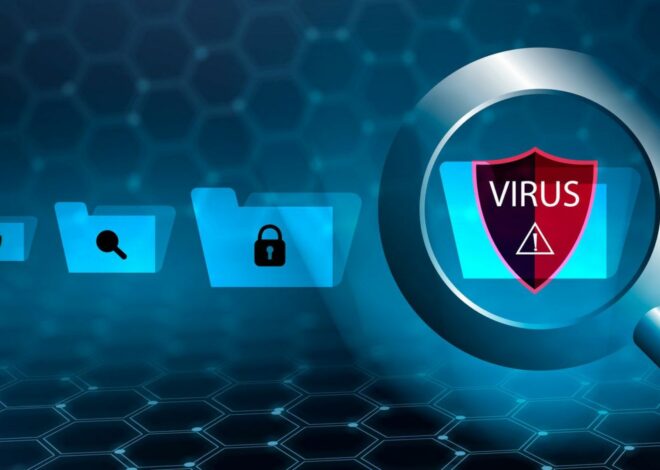
Antivirus and Privacy: Understanding How Your Data is Protected
In today’s digital age, where we rely heavily on technology for various aspects of our lives, ensuring the security and privacy of our data is of paramount importance. Antivirus software plays a crucial role in safeguarding our devices and personal information from cyber threats. In this article, we’ll explore the importance of antivirus protection and how it helps preserve our privacy online.

The Role of Antivirus Software
Antivirus software is designed to detect, prevent, and remove malicious software, commonly known as malware, from infecting our devices. Malware includes viruses, worms, Trojans, ransomware, spyware, and adware, among others. These malicious programs can compromise the security of our devices and steal sensitive information, such as passwords, financial data, and personal documents.
How Antivirus Protects Your Privacy
Real-Time Scanning
Antivirus programs constantly monitor your device for suspicious activity and scan incoming files and data in real-time. This proactive approach helps identify and block potential threats before they can cause harm, thus safeguarding your privacy.
Malware Detection and Removal
Antivirus software detects and removes malware infections from your device, preventing unauthorized access to your personal information. By eliminating malicious software, antivirus helps maintain the confidentiality of your data and protects your privacy.
Web Protection
Many antivirus programs offer web protection features that block access to malicious websites and phishing scams. These safeguards prevent you from inadvertently disclosing sensitive information or falling victim to online fraud, thus preserving your privacy while browsing the internet.
Firewall Protection
Some antivirus solutions include firewall protection, which acts as a barrier between your device and the internet, filtering incoming and outgoing traffic to block unauthorized access. By monitoring network activity and blocking suspicious connections, firewalls help prevent intrusions and protect your privacy online.
Privacy Settings and Tools
Certain antivirus programs provide additional privacy settings and tools that allow you to customize your security preferences and control how your data is handled. These features empower users to enhance their privacy by adjusting privacy settings, managing permissions, and configuring privacy-related options according to their preferences.
Choosing the Right Antivirus Software
When selecting antivirus software for your device, it’s essential to choose a reputable and reliable solution that offers comprehensive protection against a wide range of cyber threats. Look for features such as real-time scanning, malware detection and removal, web protection, firewall security, and privacy settings. Additionally, consider factors such as user-friendliness, compatibility with your device and operating system, customer support, and affordability.
Conclusion
In conclusion, antivirus software plays a vital role in protecting our privacy and security online by detecting and preventing malware infections, blocking malicious websites, and providing firewall protection. By understanding how antivirus software safeguards our data and privacy, we can take proactive measures to stay safe and secure in the digital world. Remember to choose a trusted antivirus solution and regularly update your software to stay protected against evolving cyber threats.
Related Posts

Top 10 Gaming Antivirus Software: Reviews and Comparisons

Best Antiviruses for Students

